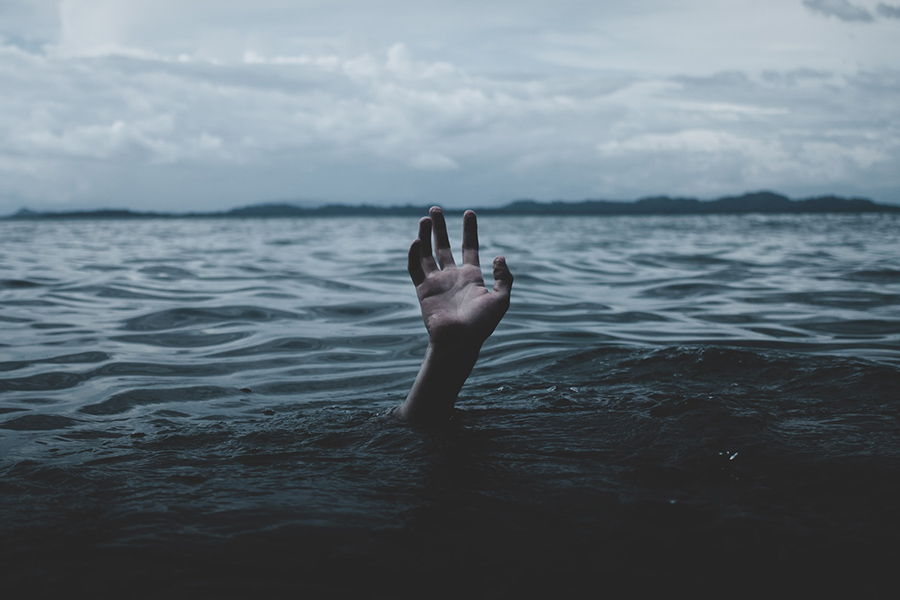A few weeks ago, when the Spanish government was stepping on the accelerator of one of the laws of death, the euthanasia law, Javier Segura, in this same newspaper, wrote an impeccable column on this subject entitled Aeneas and euthanasia. In it, with the Greek myth as a backdrop, he described the sad reality that our country has joined with the approval of this law: "Whoever throws as a burden to the weakest, it is true that he will walk faster, that he may even run, but he will do it towards his own destruction".
The excessive bet on death is one of those symptoms of our destructive path as a society. It is paradoxical that they want to present as progressive laws that underlie the same ideas and reasons used by the National Socialist government of Germany in the 30s of the last century. Because no, Hitler did not begin by killing Jews and gypsies, he began by applying "mercy" killing to a handicapped child at the beginning of 1939. From then on, a program was set up to apply these criteria to similar cases, shortly afterwards it was extended to the mentally ill and then... well, we all know the story.

With the euthanasia law, what we are saying to other people is: "it is better for you to die". Yes, you... because you are old, because you are depressed, because you are disabled, because you have this or that syndrome... "The best thing is for you to die... because I am not going to take care of you". Moreover, the approval of this law, together with the scant support existing in Spain for the development and universalization of access to palliative care, carries an additional message: "The best thing is for you to die... because I am not going to take care of you and I am not going to help others to do so".
Thank God, yes, there are those others, health professionals, many and very good, who dedicate their lives to caring for those whom this law wants to kill because it has decided that a life in such and such a way is unbearable.
Life, when there are means, not cruelty, when there are possibilities and, above all, when there is love, deserves to be lived.
The voice of health professionals, family members and people who find themselves in situations that are not exactly idyllic is unanimous when they emphasize that a terminally ill person does not ask for death: he or she asks for the elimination of suffering, not of life.
The euthanasia law does not seek to put an end to the problem; it eliminates the person suffering from the problem, creating a situation of medical regression by limiting or preventing the search for new solutions to the ailments in question.
Yes, indeed, there are lives with greater or lesser dignity and truly unworthy deaths, such as those of those who remain at the bottom of the sea trying to reach a better life. But there are no such things as unworthy people. Our duty as a society is to help them to live. We are very clear about this, for example, in the prevention of suicide. Inducing death, and even more, wanting to force doctors to certify a provoked death as "natural", seriously wounds the spinal cord of a humane society whose characteristic should be the attention, care and promotion of the weakest. Although it is more comfortable to give a lethal injection and go out for drinks than to spend a night holding the hand of an almost unconscious person. However, what should be proper to men, to women? I do not think I am wrong in the second option, because, in the words of Dr. Martínez Sellés, "a society that kills, even with a smile, has ceased to be human.
Director of Omnes. Degree in Communication, with more than 15 years of experience in Church communication. She has collaborated in media such as COPE or RNE.






